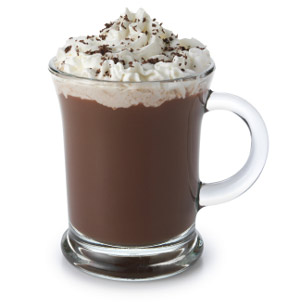A recent study by the students of Harvard has supported the claim of the group that the drinking of two cups of hot chocolate in a single day can keep the brain of people healthy. This study is more oriented towards the elderly people and the case provides evidence that the people of higher age groups can reap the benefit of this by drinking two cups of hot chocolate per day as a routine and this guarantees a better mental health.
The team which has come up with this bit of study started to investigate the effect of the consumption of cocoa on the thinking process and also upon the performance of the memory of people.
Farzaneh A. Sorond, lead author and member of the American Academy of Neurology, told the press:
“As different areas of the brain need more energy to complete their tasks, they also need greater blood flow. This relationship, called neurovascular coupling, may play an important role in diseases such as Alzheimer’s.”
The study process comprised of recruitment of 60 dementia free older people whose average age lingered around the 73 year mark. The people who were taken up for the study were asked to drink two cups of hot chocolate for two times in a day and this was to be carried for 30 days, a month that is.
A major factor which was to be carefully kept constant was that the people who were being taken up for the study were strictly asked not to consume any sort of chocolate product for the time that they had to drink the hot chocolate twice a day.
A standard set of skills was used to check the memory and thinking of the participants.
At the start when the results were reveled, 18 out of 60 participants had impaired neurovascular coupling. However, by the time that the study was completed, this figure had risen in percentage and the numbers now reflected 8.3 percent which is a certain improvement.
A study speed test was also set to check the efficiency of the patients which were made to drink the prescribed hot chocolate and the results showed that at the start of the test, the participants would take on average 167 seconds to complete the test while after a month of the following routine, this time period had reduced to 116 seconds on average and this was seen as a very good change towards positive, hence proving that the diet increased memory efficiency.





No Comment